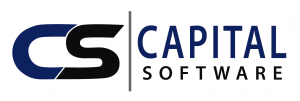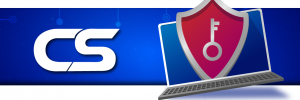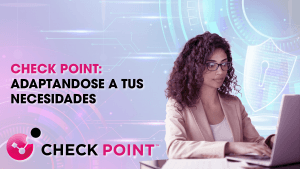In an increasingly digital world, the cyber security of your self-managed website is crucial to protecting both your information and your users’ data. A compromised website can lead to data loss, damage to your brand’s reputation, and, in the worst case, legal consequences. Below is a comprehensive guide with cyber security tips to keep your site safe and protected against potential threats.
1. Keep Your Software Updated
One of the most fundamental steps in protecting your website is ensuring that all software, including CMS, plugins, and themes, is always up to date. Updates often include security patches that fix known vulnerabilities. Ignoring these updates can leave your site exposed to attacks.
2. Use Strong and Unique Passwords
Passwords are the first line of defense against unauthorized access. Make sure to use strong passwords that include a combination of uppercase letters, lowercase letters, numbers, and special characters. Additionally, never reuse the same password for multiple accounts. Consider using a password manager to keep them secure and organized.
3. Implement Two-Factor Authentication (2FA)
Two-factor authentication adds an extra layer of security by requiring a second verification factor, such as a code sent to your mobile device, in addition to the password. This makes it harder for attackers to gain access to your site even if they manage to obtain your password.
4. Perform Regular Backups
Regular backups are essential for recovering your site in case of a security breach. Make sure to perform automatic backups and store them in a secure location, preferably off the main server. This will allow you to restore your site quickly if something goes wrong.
5. Limit Login Attempts
Limiting the number of login attempts can help prevent brute force attacks. There are plugins available that allow you to set a limit on failed login attempts, temporarily blocking users who exceed that limit.
6. Use SSL Certificates
An SSL certificate encrypts the information transmitted between your website and users, protecting sensitive data like passwords and credit card details. Ensure your site is using HTTPS instead of HTTP for enhanced security.
7. Regularly Monitor Your Website
Perform regular security scans to detect potential vulnerabilities and attacks. Monitoring tools can scan your site for malware and other threats, alerting you if something suspicious is detected.
8. Limit Access to Your Admin Panel
Only grant access to your admin panel to users who truly need it. The fewer users with access, the lower the risk that a compromised account could jeopardize the entire site. You can also restrict access by IP address for added security.
9. Disable and Delete Unused Plugins and Themes
Plugins and themes that are not in use can be an entry point for attackers if they are not kept up to date. It’s better to disable and delete them to reduce the risk of vulnerabilities.
10. Educate Your Team on Cyber Security
Finally, it’s crucial to educate anyone who has access to your site on best cybersecurity practices. This includes avoiding suspicious links, recognizing phishing attempts, and maintaining secure passwords.
Keeping your self-managed website secure requires a proactive and consistent approach. By following these cybersecurity tips, you will be better prepared to protect your information and that of your users, ensuring that your website remains a valuable asset for your business. At Capital Software we can provide the best in security for your site, preventing cyber attacks or other online security problems.



